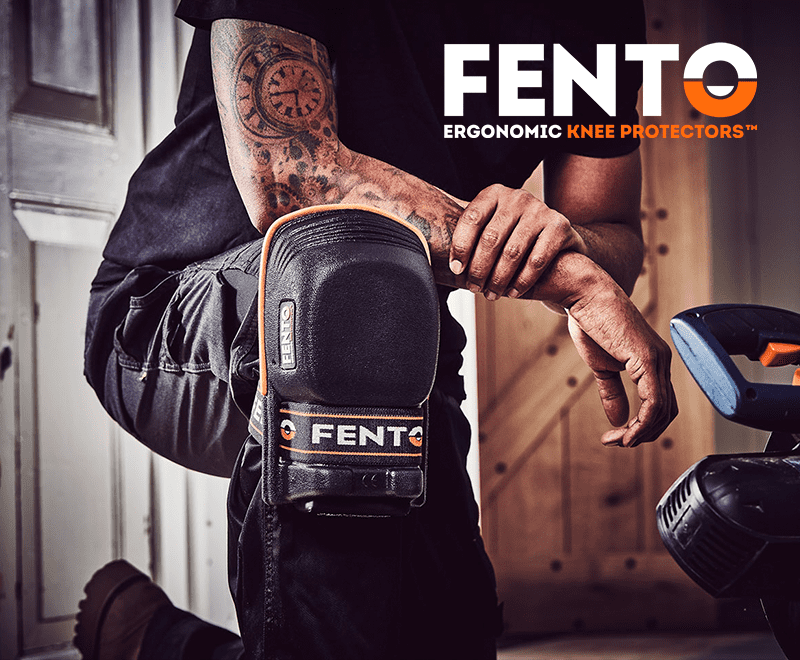There are lots of myths out there. Many hang around, despite how much good information you try to share. One such falsehood that crops up a lot is that stone paving should never be sealed.
Many people still believe that applying a sealer to external stone traps moisture in and, in fairness, you can understand the confusion because this statement is both correct and incorrect.
In the case of film-forming products, it is correct. However, in terms of modern impregnators, it is false. They do not form a film on the stone but are, instead, absorbed into the open pores. The carrier, which is either a water or a spirit, dries out to leave the active ingredients to only line the walls of the pore, rather than block it, allowing any water vapour to escape.
Film-forming sealers are often referred to as ‘topical’ or ‘acrylic’ sealers. They create a protective film on the surface, to prevent moisture penetration and protect surfaces from wear and tear. Some also provide aesthetic benefits by enhancing colour, or creating a glossy finish. These sealers can be water-based, but generally they are spirit-based and should only be applied to a surface when it is clean and bone dry. If any residual moisture is present, it can sometimes become sandwiched between the stone and the sealer, creating a cloudy or milky appearance. Moisture rising through the ground can, in some cases, also include efflorescence – a crystalline, salty deposit – which is prevented from escaping. This can have the same effect and, in many cases, will cause the sealer to flake or peel away from the surface.
In contrast, breathable, impregnating sealers penetrate, react, and line the open pores, rather than just sit on the surface. They create a hydrophobic and oleophobic barrier that helps to prevent deep staining and facilitates future cleaning and aftercare. Once cured, water vapour permeability remains, allowing transition of microscopic droplets of moisture. This helps to keep any rising salts down and allows any residual moisture to escape.
The barrier properties of the sealer repel water, oil and grease from above. Many quality treatments, like our own External Stone Sealer, also help prevent moss and mould formation, and protect against weathering, UV rays, and efflorescence.
Mark Atkins is Technical Director of LTP.
W: www.ltp-online.co.uk. T: 01823 666213. E: info@ltp-online.co.uk. For instant advice on-the-go, visit: www.ltp-productguide.co.uk.








